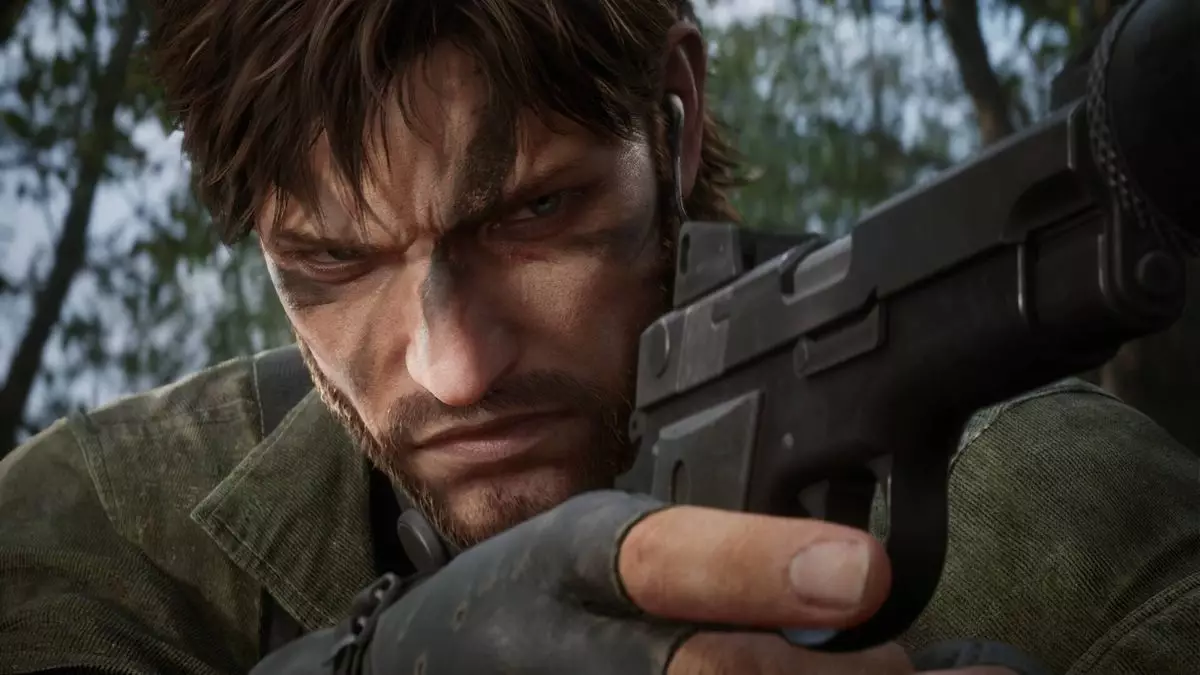The Metal Gear series has long been a cornerstone in the gaming landscape, a revolutionary franchise that propelled stealth gameplay into the mainstream. For those who have journeyed alongside Solid Snake since his inception, the mere notion that newer generations may be unaware of this iconic character seems absurd. However, the reality, as articulated by series producer Noriaki Okamura, underscores a growing concern within the industry: many young gamers do not recognize the significance of Metal Gear. This observation begs the question: how can such a distinguished saga fade into obscurity?
Since the original release of *Metal Gear Solid 3: Snake Eater* over two decades ago, the gaming industry has evolved dramatically. The rapid advancement of technology and the influx of new gaming franchises have diluted the visibility of what was once a flagship title. The absence of new mainline entries since 2015 further compounds this issue, diluting the legacy of a series that once commanded unprecedented attention. In recognizing this shift, it has become imperative for the custodians of the franchise to re-ignite awareness and appreciation among contemporary gamers.
Konami’s forthcoming release, *Metal Gear Solid Delta*, represents more than a mere nostalgia trip; it is a concerted effort to reconnect with younger audiences unfamiliar with the franchise. Okamura reflects on this mission when he states, “it was basically our mission, our duty, to kind of continue making sure that the series lives on for future generations.” This proactive approach speaks volumes about the gaming landscape’s evolution, highlighting a shift from past glory to an inclusive future that embraces both veterans and newcomers.
Interestingly, the decision to abandon the traditional numbering system in favor of the Greek letter delta signifies a broader intention. A creative twist on branding, this choice not only rejuvenates interest but also prompts curiosity about the origins of the series. For younger fans who may inquire, “Who is Solid Snake?” the developers have a unique opportunity to educate and engage, potentially forging lasting connections between players and the illustrious narratives built within the franchise.
The endeavor to bridge the gap between generations transcends the Metal Gear series. It has broader implications for how the gaming community engages with its history. Remakes such as *Delta* serve a dual purpose; they breathe new life into beloved classics while fostering inclusivity. By ensuring that younger players can appreciate the foundational stories and mechanics that once captivated millions, developers are not only preserving legacy but also enriching the gaming culture as a whole.
As the gaming world continues to expand, initiatives aimed at educating newer audiences about historic titles will be essential. By utilizing familiar platforms to reintroduce iconic characters and stories, age-old franchises can emerge from the shadows, captivating new fans and ensuring that the gaming heritage remains vibrant and relevant for years to come. In a rapidly changing digital landscape, rekindling such connections is not just relevant, it is crucial for the sustainability and evolution of gaming as an art form.


Leave a Reply